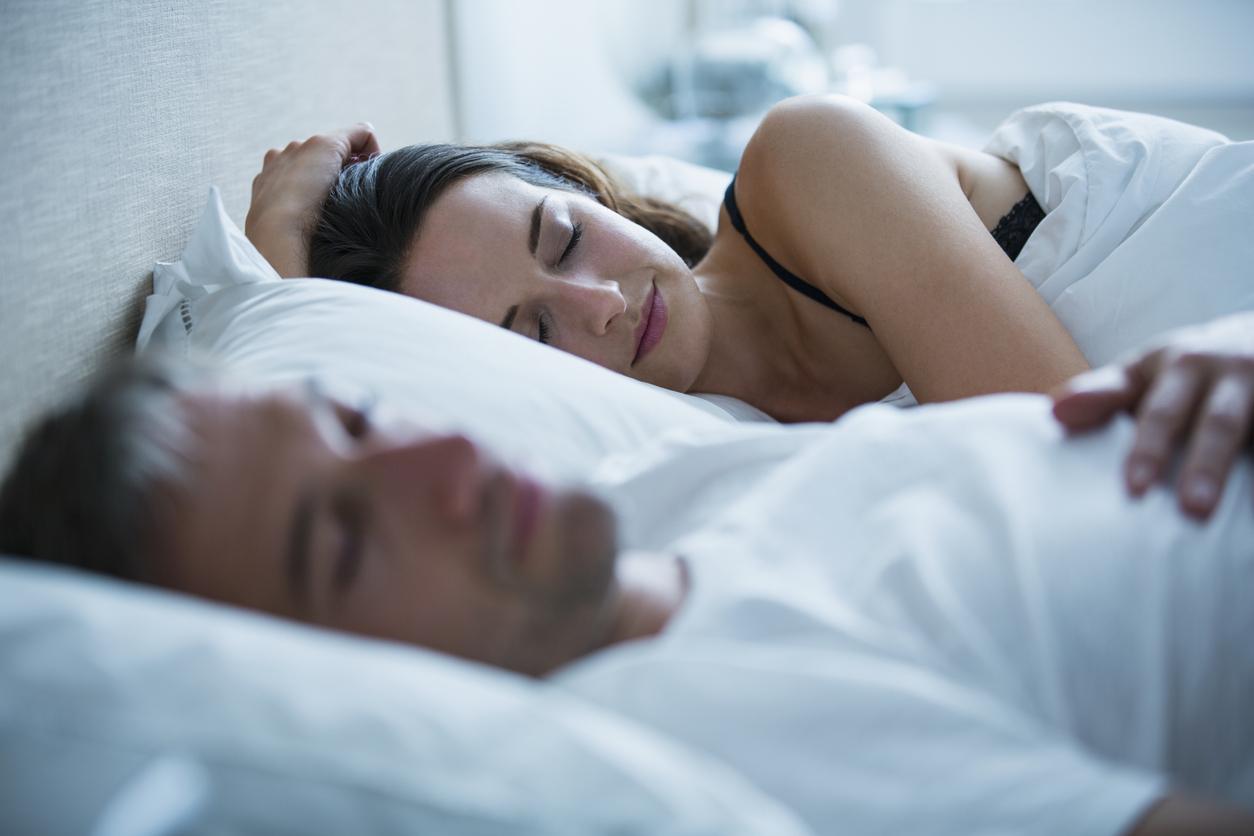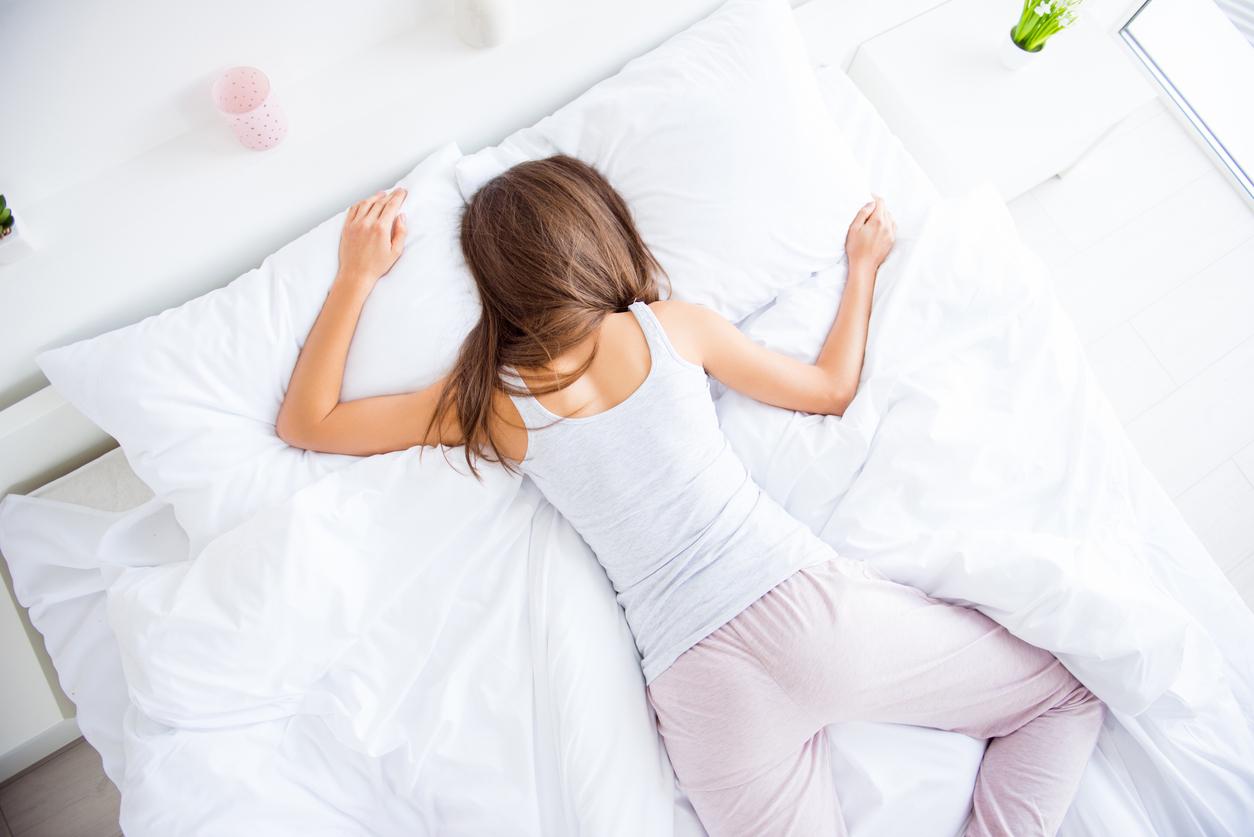A person’s biological sex should be taken into account when treating sleep, circadian rhythm and metabolism disorders, according to a recent study.

- If women achieve REM sleep more quickly, they are four times more likely to develop sleep-related eating disorders.
- Men are three times more likely to be diagnosed with sleep apnea.
- Both sexes are susceptible to disruptions in circadian rhythms, which can “have significant implications for overall health and well-being.”
Over the past few decades, the number of adults suffering from sleep deprivation has increased “exponentially.” Previous work suggests that women are more affected by prolonged wakefulness and circadian lag than men. Therefore, long-term effects, such as sleep and metabolism disorders, are likely to be more common in them. “Despite emerging evidence of sex differences in key aspects of sleep, wakefulness, and circadian rhythm regulation, much remains unknown, as women are often underrepresented in sleep research and circadian rhythmsaid researchers from Boston (United States) and Southampton (United Kingdom).
Women were 4 times more likely to get up during the night to eat
This is why, in a new study published in the journal Sleep Medicine Reviews, researchers wanted to identify the main differences between men and women when it comes to sleep, variations in their body clocks and how this affects their metabolism. For research purposes, the team synthesized all the cohorts on the question.
According to their analysis, women slept more than men. They spent about 8 minutes more in paradoxical (rapid eye movement) sleep. Female participants also reached REM sleep, characterized by high levels of brain activity and vivid dreams, earlier than men. The authors noted that they rated their sleep quality lower than men. They also reported greater fluctuations in their sleep quality, which corresponds to changes that occur during the menstrual cycle.
Another finding: women had a 25 to 50% higher likelihood of developing restless legs syndrome and were up to four times more likely to develop sleep-related eating disorders, which result in repeated eating during the night. In contrast, men are three times more likely to be diagnosed with sleep apnea. As a reminder, “poor quality sleep is associated with anxiety and depressive disorders”according to Sarah L. Chellappaco-author of the work.
Social jet lag in men due to their “later chronotypes”
When it comes to circadian rhythm, the authors found that melatonin, a hormone that helps synchronize circadian rhythms and sleep, is secreted earlier in women than in men. Core body temperature, which is highest before sleep and lowest a few hours before waking, peaks earlier in women than in men. Other data indicates that women’s circadian periods are shorter than men’s by about six minutes. “Although this difference is small, it is significant. The misalignment between the body’s central clock and the circadian rhythm is an important factor,” said Renske Lok, lead author of the study.
According to scientists, men tended to “be later chronotypes”, preferring to go to bed and wake up later than women. It can also lead to social jet lag, when their circadian rhythm doesn’t align with social demands, like work. They also have less consistent rest and activity schedules than women on a daily basis.
“Disruptions in circadian rhythms have been associated with a variety of health problems, including sleep disturbances, mood disorders, and impaired cognitive function. Even minor differences in circadian periods can have significant health implications and well-being in general”, the team reported.

















